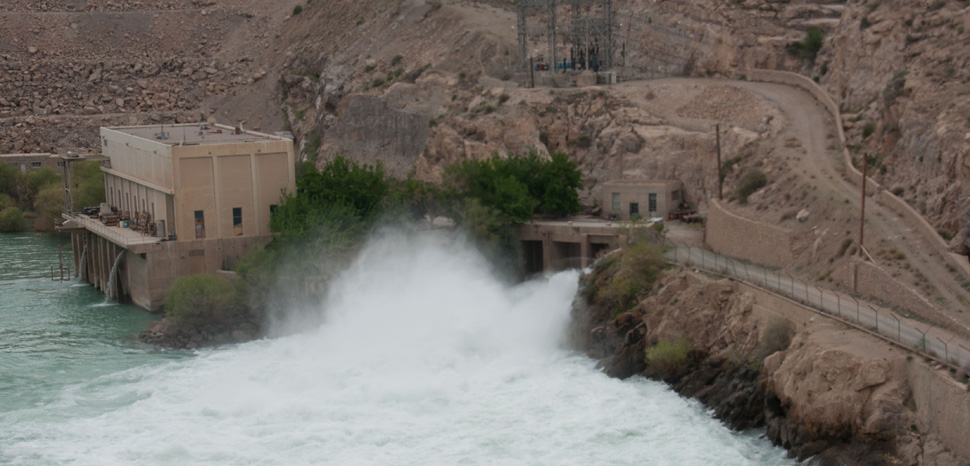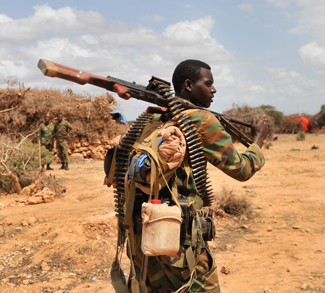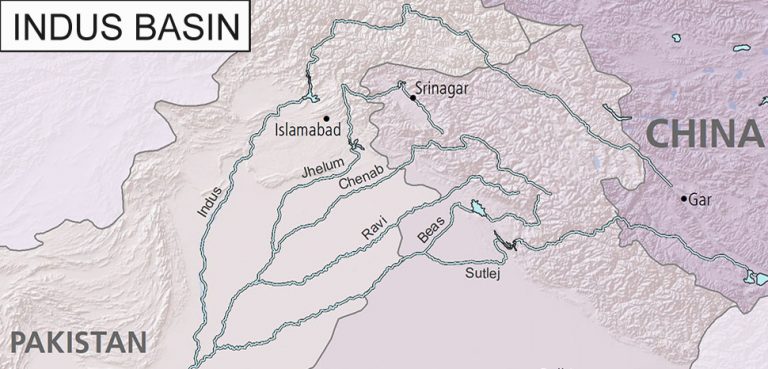Summary
As a landlocked country largely dependent on the water available in its major mountain rivers, modern Afghanistan has experienced a near constant state of water crisis, one that has frequently been exacerbated by intermittent civil wars from 1979 until the present. Without reliable sewage systems and power generation, Afghanistan has both a stagnant industrial sector and some of the worst sanitation facilities in the region: 59 percent of the water in urban areas of Kabul was found to be contaminated with bacteria according to one study done in 2003 by the German Federal Institute for Geosciences and Natural Resources. Continuous fighting has taken a toll on Afghanistan’s water infrastructure, destroying much of the country’s network of meteorological and hydrological stations since 1980. When combined with the threat of widespread drought, ongoing war, and persistent poverty, an overall picture of persistent water conflict emerges.
Impact
A bad year for Afghan security. In a major sign that the security situation is deteriorating, civilian deaths hit a record high in Afghanistan’s civil war during 2017, with the UN estimating in February that over 10,000 Afghan civilians were killed or injured over the course of the year. Its report assigns responsibility for 65 percent of the civilian casualties to the Afghan insurgency, concluding that the Afghan Taliban was responsible for 42 percent of all the deaths and injuries and Islamic State was responsible for another 10 percent. But the UN also reported that, while the share was decreasing year-on-year, pro-government forces were still behind 20 percent of total casualties, with increased airstrikes responsible for six percent of all civilian casualties in Afghanistan in 2017. Afghanistan’s current conflict is now in its sixteenth year, with neither the internationally-backed Afghan government in Kabul, nor the resurgent Taliban movement being able to break the stalemate. The prolonged instability has made addressing the Afghan national water crisis effectively impossible for the authorities in Kabul and their international partners.




